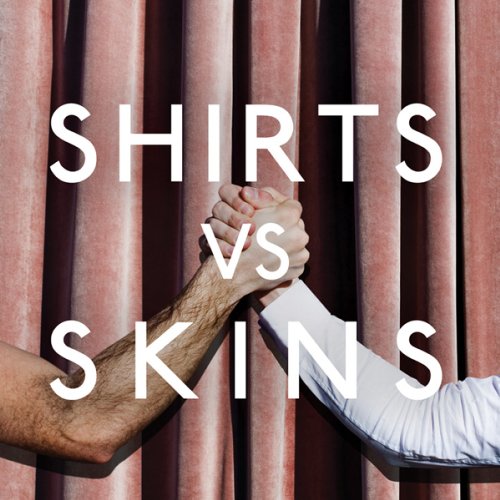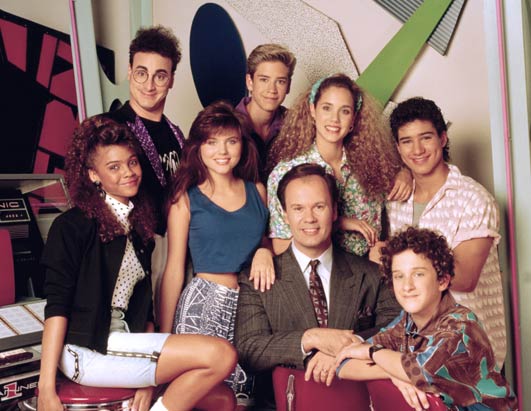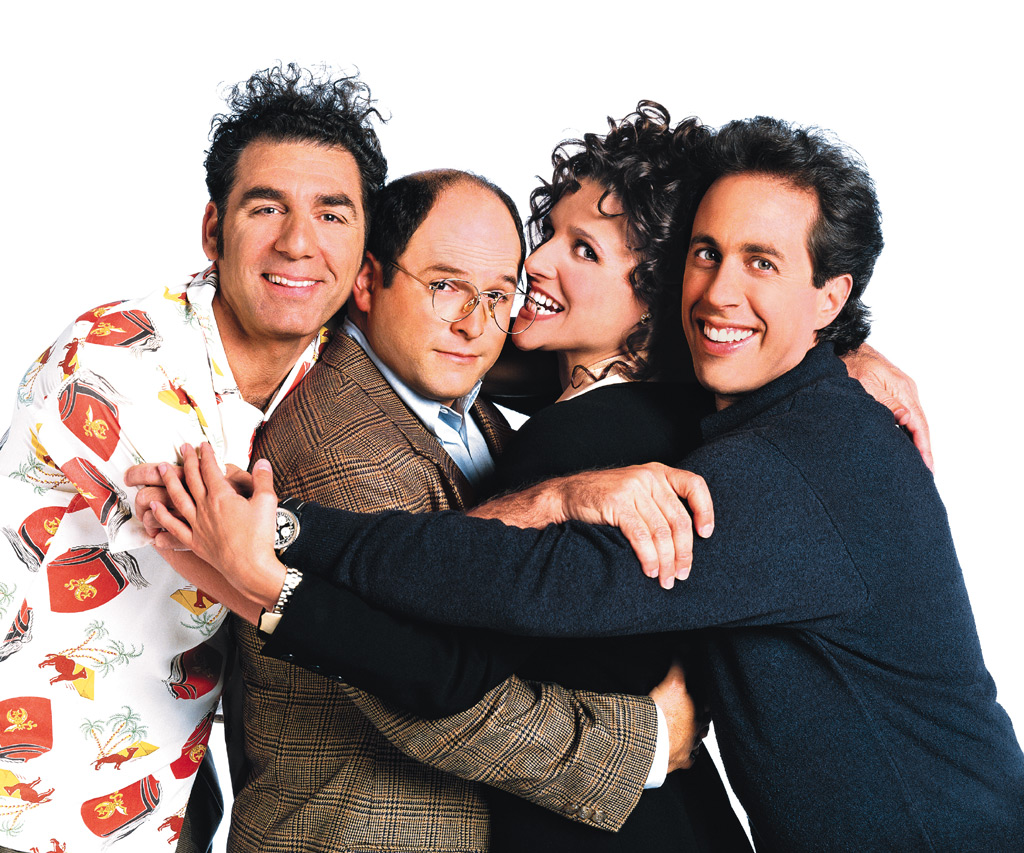There are many aspects of our existence that I will never understand. I will never fully comprehend neuroscience, nor will my brain gravitate around the concepts surrounding astrophysics. Perhaps more importantly, I will never understand why Tango & Cash and Road House are not considered two of the greatest films of all time (perhaps one day I will discover the truth behind this particular enigma).
To be truthful, the fact that I will never be an expert on these subjects does not necessarily bother me. However, what does perturb me has a lot to do with popular culture, and more specifically, the television programs I watched as a child. There are moments that occurred during my favourite television shows that I never once thought were bizarre or out of the ordinary. Why I have decided to analyze these glaring errors now, I may never know. There are many more important issues out there to discuss, but these I feel do not need to be addressed at the current time. So, without further due, here are my grievances with late 1980’s and early 1990’s television (or better known as the events that helped to shape a large portion of my childhood).
‘Saved by the Bell’ and Science
Zack Morris is the most powerful entity on planet earth. Forget about Bill Gates, Barack Obama, and even Mother Nature. These are all examples of powerful individuals/ forces, but there is one thing that these men/entity will never be able to do: To have the power to manipulate and halt time with two simple words- ‘Time Out’. For those of you who were avid viewers of Saved by the Bell, remember when Zack, during moments of great crisis, could just stop and turn his direction to the camera off-screen and vocalize these two powerful words. In an instant, everything present in the environment he was placed in would come to an immediate stop. Yet, he had the power to move around, manipulate, and alter the very aspects of the reality he was presently associated with. How, I will never know, but that is a power that I am extremely envious of. Think of the possibilities (But I digress).
So, in retrospect, how is it that I never thought this moment of the show was out of the ordinary. I mean, it was hard to define Saved by the Bell as a realistic interpretation/depiction of high school life, but at least the moments of the show remained in a realistic context. How a high school kid had the ability to challenge every single law of time, movement and speed is beyond cognitive comprehension (I wish Stephen Hawking would get around to addressing this issue).
Why this issue is so bothersome to me at the present time is beyond any valid suggestion, but one day I would like to sit and chat openly with anyone who may have a suggestion to this meaningless conundrum that has baffled me for over 15 years now.
‘G.I. JOE’ and The Inadequacies of Modern Warfare
I will keep this short and sweet. The two opposing forces in the television show, G.I. Joe and Cobra, were supposed to be the greatest military men around, correct? They were the best of the best (yes, even better than Eric Roberts). One was fighting in favour of society’s freedom; the other was working towards the decimation of that democratic freedom (and the ability to control civilization’s best interests). Though my definition is fairly simplistic, this was the basic summary of every G.I. Joe episode. Sounds reasonable, doesn’t it?
Well, if these two opposing forces were the epitome of what it means to be the best, then I am truly frightened. Why am I frightened? Well, for the simple fact that neither of these two armies were ever able to hit a bloody target. Not once, in all my years of digesting the visual diarrhoea that is G.I. Joe, did I ever witness a casualty of any sort. Now I know that you are thinking that the reason for this was because the show was aimed squarely at children, and that there couldn’t be any sort of inflicted punishment perpetrated on screen. This fact does make sense. But, with all of those blue and red lasers propelling through the air, you would think that someone would eventually receive some sort of a flesh wound. But alas, this sort of incident never occurred. So I ask of you, the viewer/reader, would you really want G.I. Joe fighting for your freedom?
Think about it. If the thousands of lasers zooming through the air aren’t hitting opposing soldiers, then who are they striking? Yep, you guessed it, innocent bystanders. You, me, and your friends could all be decimated by the alarming inadequacies of our present day armies.
‘Peanuts’ and Child Service Groups
I know what you’re saying: How can you pick on the kids from the Peanuts comic strip and television specials. Trust me, I’ve found a way. I have no bone to pick with Charlie Brown, Lucy, Linus, or even Snoopy. My grudge has to do with Pig-Pen and his filth ridden body. For those of you who don’t remember Pig-Pen, he was the kid surrounded by a dust filled toxicity. Every time he took a step, dust and dirt would leap from his body with the accelerated speed of a puma pouncing on unassuming prey. As the filth exited his body, it would fill the air with Chernobyl like gases. So, I have two beefs with this issue of the messy kid.
How come he was never sent home for being unclean and unkempt? I mean, back in my grammar school, we had many days where we were observed for lice. If we had any trace of it, we were sent home immediately and forbidden to re-enter the school premises until the bugs had retreated from our scalps. How is it that that filthy mess they call Pig-Pen was allowed to enter the school grounds everyday and contaminate the surrounding school children?
Why weren’t child services called on Pig-Pen’s parents? Isn’t that considered child abuse if a parent won’t properly maintain the cleanliness of their own child? Well, I guess if the school didn’t care, why would the parents? I would hate to see Pig-Pen as a grown man today. No morals, no sense of self. I can see him now: probably walking around the streets, truly believing that the hobo look is a truly enlightening and exquisite fashion statement. Surprisingly, it doesn’t appear to have caught on with many members of society (the homeless are excluded from this previous statement).
I am sure that I will uncover further atrocities about my childhood television viewing, but for now, I will allow you to absorb my previous statements. Why I never thought any different about these matters when I was a child goes to prove my innocence and immaturity back then.
There is no turning back now.




